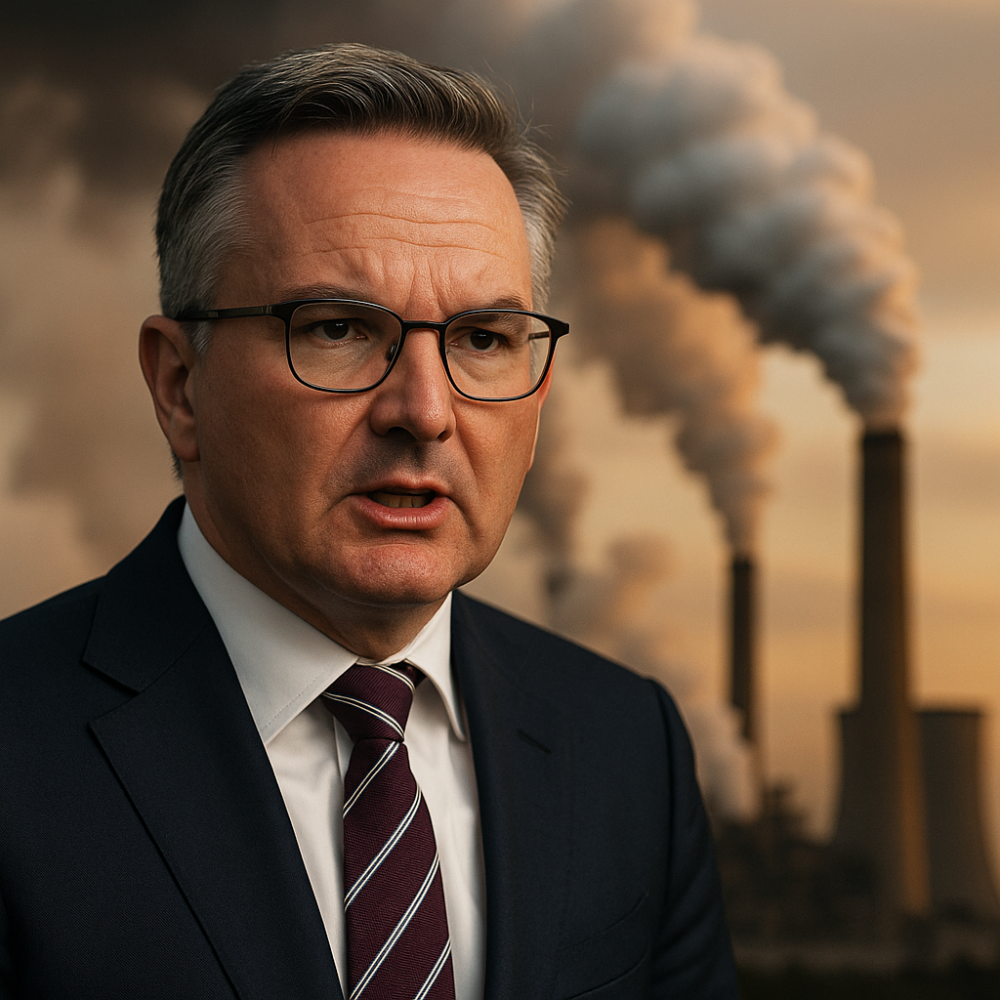
Energy Minister Chris Bowen has ignited political debate after refusing to rule out the introduction of a carbon tariff on high-emissions imports, sparking accusations from the Opposition that Labor is veering towards protectionist economic policies.
In an interview with the ABC, Mr Bowen stated that the government is examining sector-specific approaches to managing carbon leakage — where emissions are shifted overseas due to stricter domestic climate regulations — particularly in industries such as cement and lime. “We’ll have more to say during the course of this term,” Bowen said. “We want to ensure Australian industry is best placed to compete in a decarbonising world.”
The Minister referenced ongoing work by Professor Frank Jotzo, who has led a government-commissioned Carbon Leakage Review. The review’s early findings have supported a potential Border Carbon Adjustment Mechanism (BCAM), which would impose costs on imported goods based on the emissions generated during their production.
According to the review, at-risk sectors include cement, lime, and clinker, with moderate-risk categories covering steel, glass, and ammonia.
“I’ve had extensive consultations with stakeholders across steel and cement industries in the past year,” Bowen said. “We’re continuing to evaluate feedback to shape an informed, fair approach.”
However, the comments drew sharp criticism from newly appointed Coalition energy and emissions reduction spokesman Dan Tehan. In a video posted to social media, Mr Tehan accused the government of backflipping on key policy positions post-election.
“Chris Bowen said nothing about carbon tariffs before the election,” Tehan said. “Now he’s talking about copying Donald Trump’s approach. Under this minister, we’ve seen energy insecurity rise, power prices soar, and now we’re talking about trade barriers. It’s chaos.”
The carbon tariff proposal, still in early consideration stages, is aimed at protecting domestic industries from being undercut by international competitors with looser environmental regulations. If implemented, it would align Australia with similar mechanisms being pursued in the EU and under discussion in the U.S.
No timeline has been confirmed for final decisions, but the issue is expected to feature prominently in Labor’s climate and trade agenda for the remainder of its term.